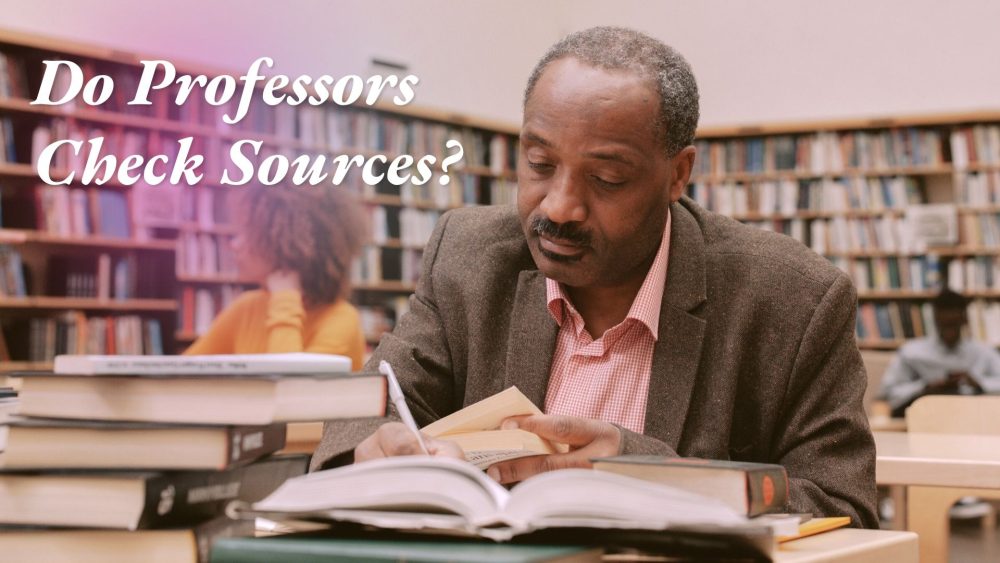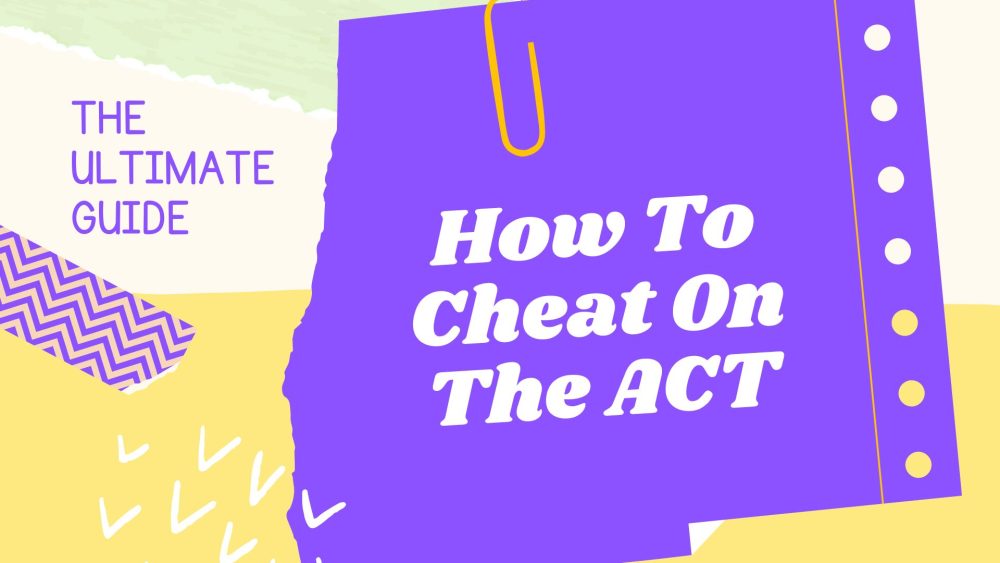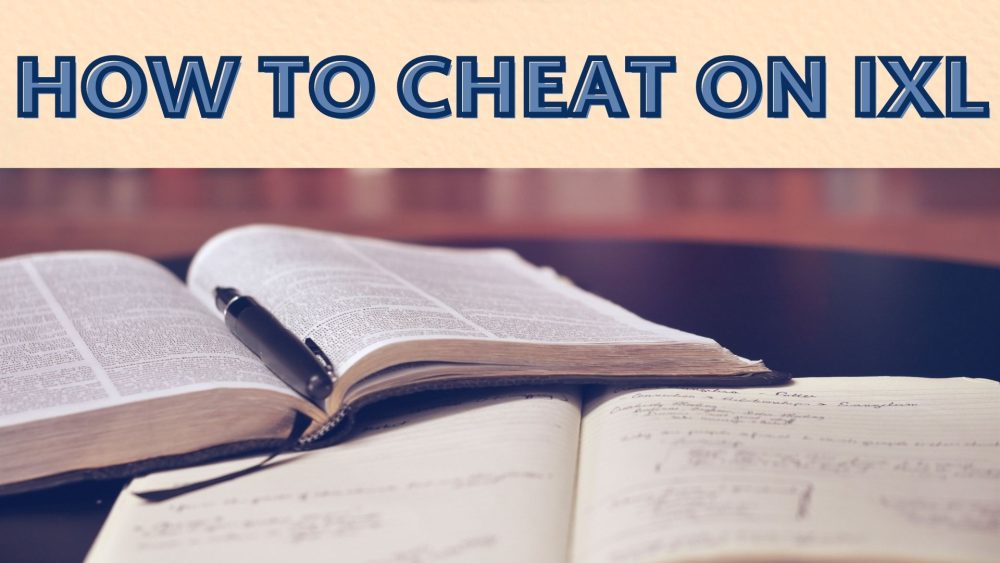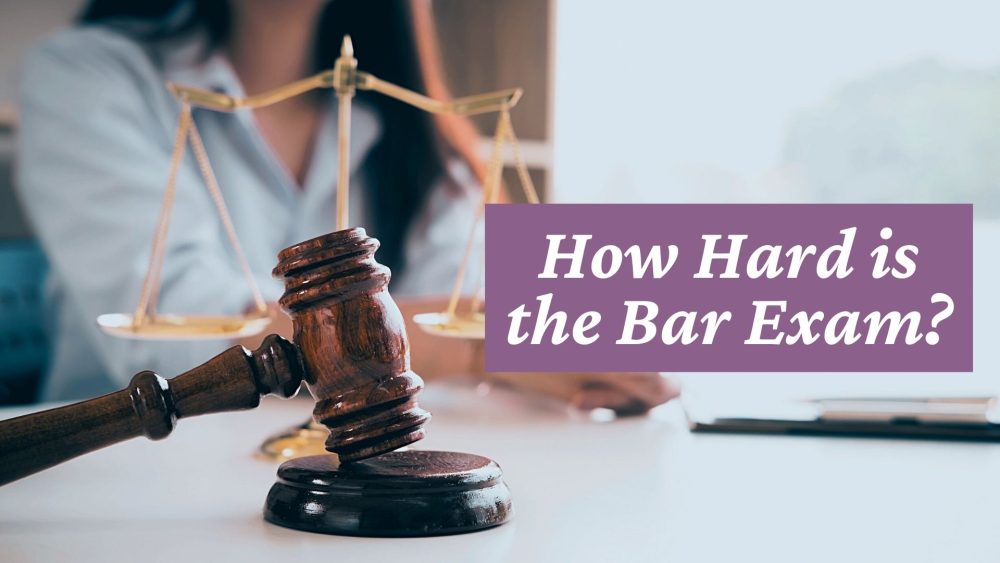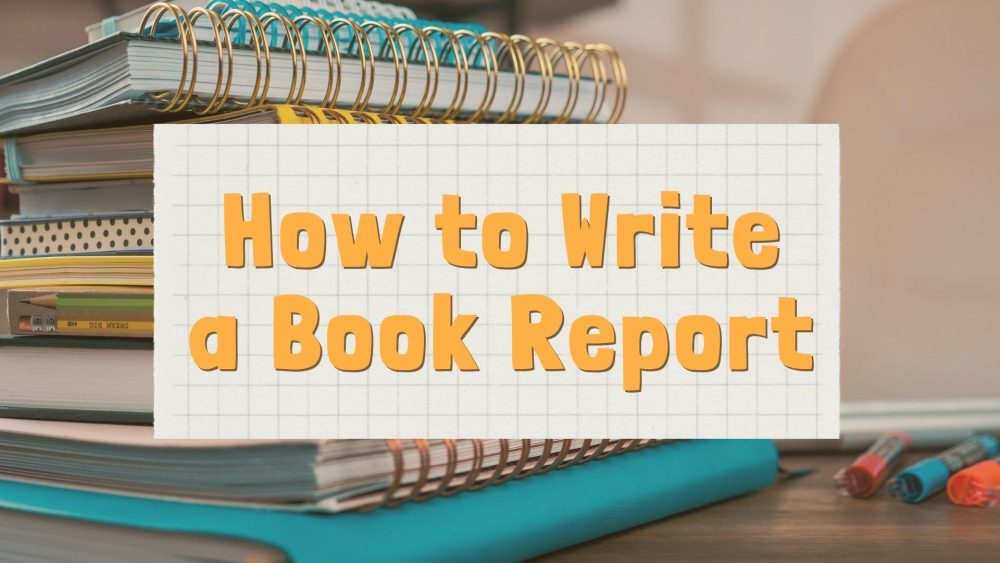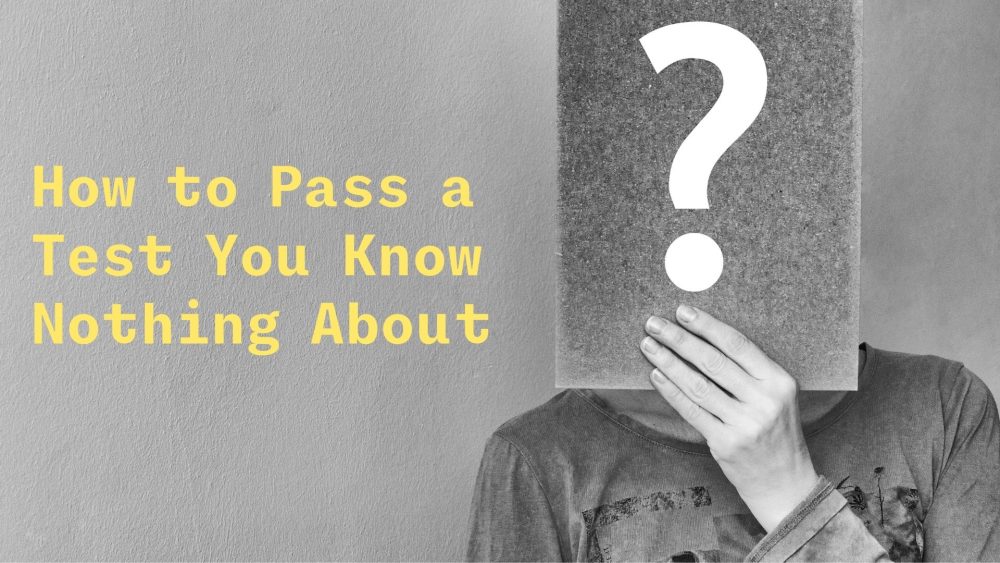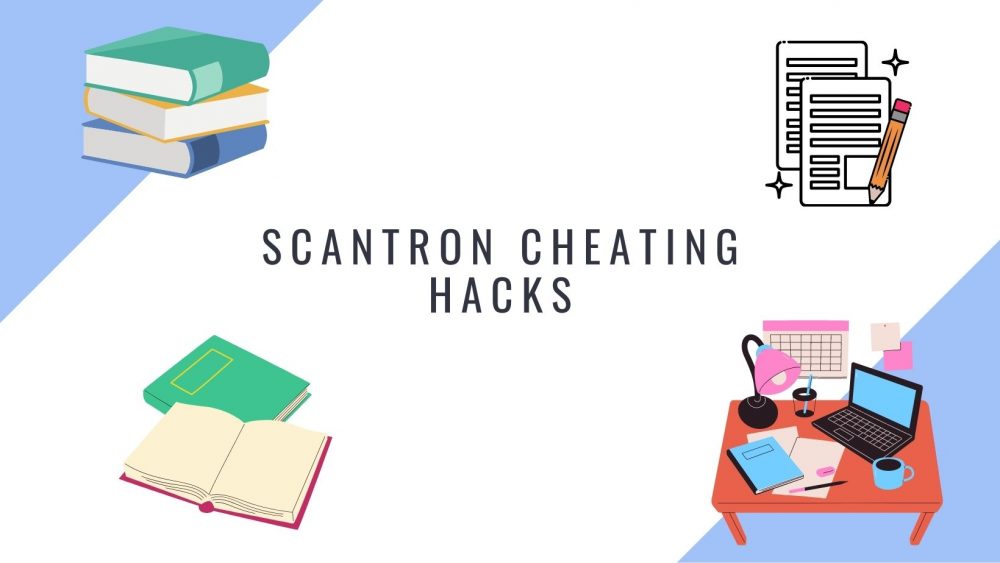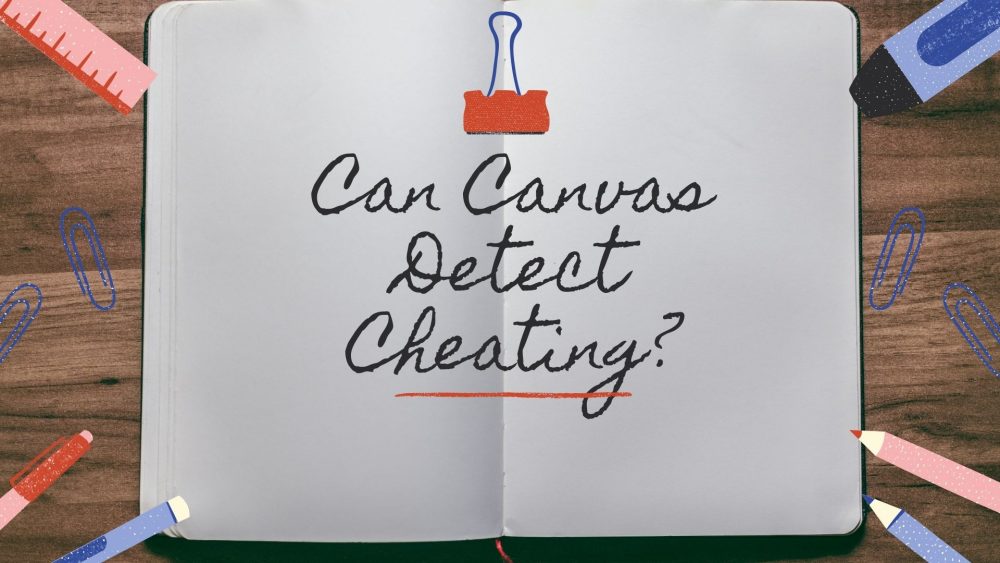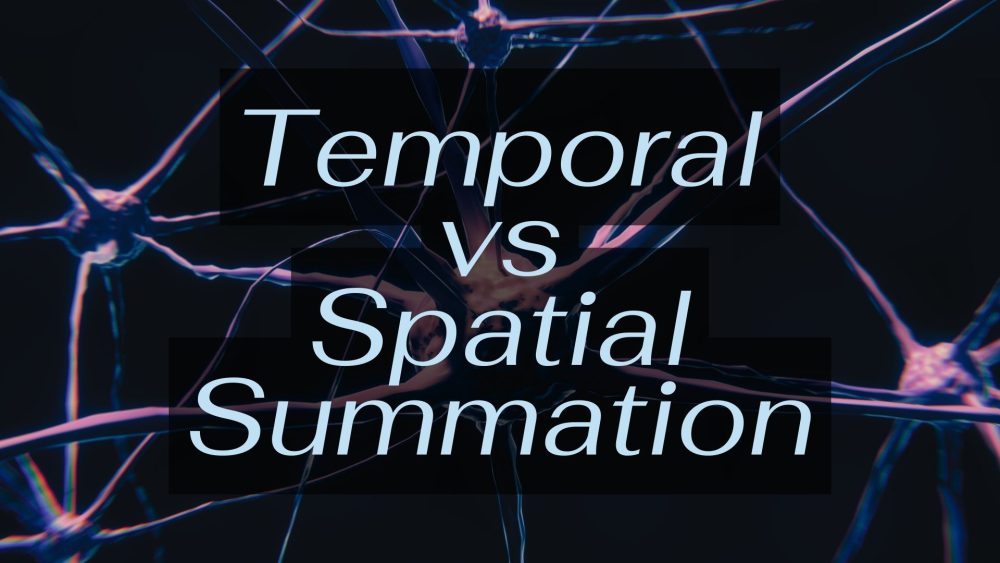When writing essays, dissertations, research proposals, research projects, or thesis, you need to cite sources. The sources act as a reference of where you got your data. Hugely, the sources help to support the facts and ideas that are not your own.
Some of the viable sources include books, journals, websites, scholarly articles, newspapers, videos, documentaries, etc. When doing any kind of research capture all the important details to build up your essay.
Creative writing is the kind that doesn’t require any kind of reference because it is always assumed to be your unique writing. However, ensure all the sources are credible before using them.
Do Professors Check Sources?
In most cases, professors check the sources. This is to certify the kind of work that you have done. However, they don’t always check all the references but check some to certify the credibility.
Do you know how to cite sources? It is vital for success in your academics. In this section, we will answer the disturbing question, “Do professors check sources?” Whenever you write an essay, research paper, dissertation, thesis, or project, do you often think whether the professor will verify your sources? Here is the reasons why they might check a source:
- To Verify Some Information
Yes, you may be assuming that your professors are too busy that they won’t find time to check your cited sources. Well, in most cases, when your professor sees some interesting fact in your writing, it can be so easy for them to just check your sources to get a better understanding.- To Give Grades
Just imagine when your professor checks and finds out that you used the wrong source! You will fail! Yes, college professors check the sources to grade you. This plays a major role to determine how well you did your research. However, even if it’s a sure way to grade student’s papers, ensure the sources are fine for the most success.- Check Validity Of Your Data
Don’t make the mistake of using a fake source in your paper. This will make the professor closely examine the other sources to see whether you are lying. You can easily get a low grade due to citing fake sources. Remember to always double-check your references before submitting your paper.- To Check Your Seriousness With Coursework
The professors at times check the sources to see whether you are serious with your work. If you just use one source, the content you provide may not be as elaborative as it should.
How Do Professors Check Peer Reviewed Sources?
Peer-reviewed sources are the articles that are normally published in scholarly journals. They are normally reviewed by experts on the subject of the article. The peer review helps to certify whether the publications are accurate. Researchers who use this kind of article can be confident that the sources are reliable.
Most professors prefer when students use peer-reviewed because they are certified. The peer-reviewed sources can also be termed scholarly journals or refereed journals. When doing your research, try to use peer reviewed sources. You will gain more knowledge than you would have imagined.
The main sources of information resources include newspapers, academic journals, and scholarly journals. However, you can also find more relevant work at the library.
Professors do check whether a source is peer-reviewed by:
- Checking the database for peer-reviewed journals. In the search box, you can filter the peer-reviewed sources and see the valid ones. Hence, when a professor sees your cited sources, they can easily check on the website to see the validity of the source. There are a wide variety of sites that you can use!
- The professor also examines the publication to see whether it is peer-reviewed. This is done by examining the journal well to see the validity of the content. However, it can be a bit tricky if the publication is online.
- If the publication is online, professors normally check whether there is a cited website, so that they can look it up and see its genuine nature it. Remember to be serious with your coursework. This will earn you top grades that are vital for prosperity in your academics.
Hence, if you are planning to use peer reviewed content. Try to use the real ones. The professors are quite clever, they tend to search for references broadly.
Do Professors Check Sources For Annotated Bibliography?
Professors who have been teaching for while always know commonly used sources in different units. Hence try your best not to use made-up books as your sources. The professors can know when you are not sure of what you are writing through inconsistent language, style variations, and much more.
An annotated bibliography is a list of sources on a particular research topic. Annotate bibliography often feature a formal documentation entry for each source a person collects. You get to cite sources using APA or MLA. The second type is the annotation, which is provided for each source a person collects. Each of the annotations includes a summary of the source and the credibility of the source.
The annotated bibliography is a kind of composition specifically written for academic audiences. In some cases, you will note that it is only written by students, professors, and scholars. These are mainly in research proposals, analytical essays, reference letters, senior thesis, and lab reports.
Professors often want to see annotated bibliographies to:
- To make sure that a student has done enough research on a topic. When a professor immediately gets an annotated bibliography, they often check the number of sources to see whether they are credible.
- It also helps the professor ascertain that the student read the source. It is easy for a student to collect some sources, but when they write an annotated bibliography it is enough confirmation that they read the books.
- A professor gets to understand whether a student has understood and evaluated the source well. Hence, professors love to check annotation biographies in the research work.
Importance Of An Annotated Bibliography To A Student
The annotated bibliography can also help you as a student because you get to be fully informed on a topic, distinguish different views, evaluate the credibility of the source, distinguish the biasness, and know what to do next in terms of research.
An annotation should include a summary of the source, source’s strengths, weaknesses, conclusion, why the source is relevant to the study, its relationship with other studies, information on the author’s background, and personal conclusion of the source. Just something brief!
How Do Professors Check Sources?
Most professors are often specialized in one subject area, hence, they tend to be well versed with most of the scholarly sources. Hence, it is easy to know a fake reference and a genuine one.
Professors normally check references by aligning with what is written in the paper but don’t manually check all the sources used. At times, they just check the sources by seeing whether they are related to the topic given. This is vital!
If they find a source that seems far from the related topic, they will carefully go through the reference to ascertain whether students didn’t just use sources as their content reference.
Professors often check one or two sources only, but if they are doubting, they will end u checking the whole paper.
That’s why you find most professors advise students to use the sources found in the university library. This is because more of the educational books normally have the required content for the various topics in the unit. You can also check the journals your university is subscribed to.
Do Professors Check Citations?
Yes, professors often check citations. Professors will check the citation on the cited page to determine if they are credible. While professors can’t check all the sources for all the students, they normally check one or two sources, then skim through the others to see the relation with the topic.
- Step 1: Professors first skim through the references, to see whether they are relevant to the specific topic. As a student be smart enough to cite only sources that are relevant to the topic or unit. Be as smart as your professor.
- Step 2: After that, professors try to find out whether the sources are credible and relevant. You can use a source that is not relevant at all. Hence, professors try to certify the credibility of that.
- Step 3: If they are satisfied with your citations they won’t go deeper. However, if they are not. They will do deeper research to see the credibility of your citing. A professor will always check the accuracy of the citation if they have a reason to be suspicious.
Remember to use citations that correlate with the specific assignment or topic. Professor check is vital than you can imagine.
Do College Professors Check For Plagiarism?
Plagiarism is a form of cheating. This is because you are taking someone’s work and transforming it to seem like yours. This is illegal, it is like using someone’s brain without their permission. However, there is intentional, unintentional, and self-plagiarism.
- Intentional Plagiarism. This is the type of plagiarism in which a person may use someone else work or ideas, knowing so well that it is not unique content. This is the kind where you are sure that that what you are portraying is not unique.It can even be that you copied some text and used a paraphrasing tool to change the content. This is normally done by students in an attempt to get top grades. Fake sources can also be termed intentional cheating. This is because you know well that you didn’t use the source, but still, opt to write it to benefit yourself.
- Unintentional Plagiarism. You can find that a student doesn’t know whether they have plagiarized work. They might not be fully sure of what plagiarism is. Before the submit they didn’t check their assignment for plagiarims and so they may not know that some parts are plagiarized.
- Self-Plagiarism. There is also self-plagiarism in which you reuse your work from your other courses or assignments. In most cases. Assignments require new work and research. However, some students may note that the content seems familiar to something they have ever done and try to copy that. Some professors are often good with it, while some aren’t. In the case that the professor learns that you have plagiarized work, be open to the professor. Honesty is essential.
Using Professors As References
Are you thinking of listing professors as references? Well, that’s acceptable. This is viable when you want to cite a class lecture, presentation, or discussion made in class. You can also reference a classmate’s comment from a discussion.
The Chicago Style for referencing a professor entails: First name Last Name, “Title of Unit of the lecture, (class lecture, course name, college name, Location, Month Day, and Year)
This can work for a professor or a classmate. Using professors as references are also crucial as it shows you were attentive in class and that you understood the thing being taught in class. It is highly acceptable.
Make Your Citation As Unique As Possible
If you have problems with how to cite some sources, we are here for you! We offer professional writing help for any kind of assignment. If you are not sure how to cite your references and sources, we can help you with that.
Our assignment writing service is credible, fast, and cheap. We also offer the best hacks and tips for more prosperity. We can also help you write a cheat sheet to succeed in your examination.
When doing assignments at home, do thorough research from credible sources. Professors always try their best to verify sources to know how keen you were with your work. Moreover, thorough research helps you to understand the course unit better. Always plan before doing any assignment for proper work alignment. All the best in your studies.
